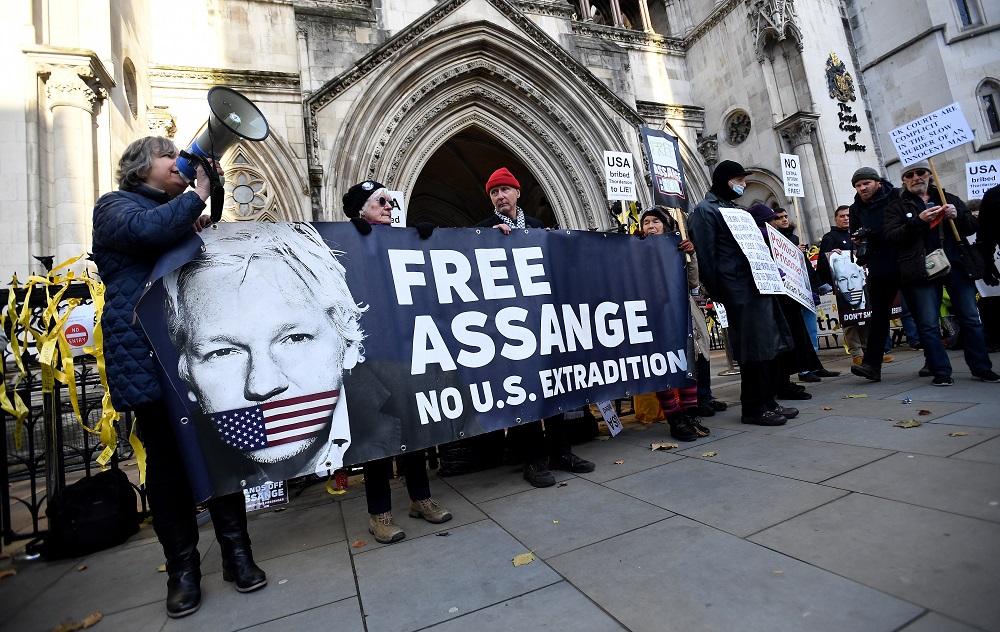The International Press Institute (IPI) welcomed today’s release of Julian Assange, founder of Wikileaks, who has spent the last five years in a UK prison awaiting extradition to the United States on espionage charges in connection with his role in publishing classified U.S. military and diplomatic documents.
However, IPI expressed serious concern about the potential chilling effect resulting from Assange’s prosecution and expected conviction under the Espionage Act as part of his plea deal. IPI has repeatedly warned against the use of the Espionage Act in this case as a threat to press freedom more broadly.
“Today is undoubtedly a good day for Julian Assange, and a victory for everyone who has worked tirelessly to secure his freedom”, IPI Interim Executive Director Scott Griffen said. “We are relieved that after this long legal odyssey, Julian Assange is free and able to return home.”
“At the same time, the use of the Espionage Act to prosecute and sentence Assange poses a serious long-term risk to press freedom at a time when we urgently need global leadership on this issue from the U.S. and other countries. The precedent of using espionage legislation to target newsgathering activities erodes protections for the media’s right to gather and share news in the public interest. We are gravely concerned about the chilling effect that this case – despite Assange’s freedom – may cast on national security reporting in particular. U.S. lawmakers must urgently pass legislative reform to guard against future use of the Espionage Act to target journalistic activity.”
Assange’s release follows news of his agreement to plead guilty to one charge of violating the U.S. Espionage Act of 1917 in return for prosecutors seeking a 62-month prison sentence which takes account of time already spent behind bars.
Assange was facing up to 175 years in jail if convicted of all 17 charges brought by U.S. prosecutors for his role in publishing classified military and diplomatic documents on the U.S. wars in Afghanistan and Iraq.
IPI has been part of a worldwide campaign of media freedom organizations calling for Assange’s release, fearing that a successful prosecution under the Espionage Act would set an unacceptable precedent and long-term risk to the media’s right to gather and publish information in the public interest.
